Apple Head Chihuahua: Your Complete Guide—What Sets Them Apart from Deerheads
Want to know how to tell apart these Chihuahuas? Here’s how.
Want to know how to tell apart these Chihuahuas? Here’s how.
by Courtney Elliott, | August 9, 2024

Lesia Kapinosova / Alamy Stock Photo
Known for their ultra-portable size, Chihuahuas capture hearts with their bold attitudes and lovable personalities. These confident and compact canines are truly a force to be reckoned with. The apple head Chihuahua is characterized by its distinctively rounded skull, resembling the shape of an apple. Let’s look at the distinctions of apple head Chihuahuas to understand the characteristics that define these beloved pint-sized companions.
Originating in Mexico, Chihuahuas are believed to descend from the Techichi, a larger, heavier version of this breed favored by the ancient Toltec civilization. Apple head Chihuahuas are very popular (even among first-time pet parents), as they’re the quintessential representation of the breed.
If you’re thinking about welcoming one of these adorable dogs into your family, you can choose from a diverse range of Chihuahuas, with variations in coat types, sizes, and even head shapes.

Olga Sibirskaya / Stocksy
The apple head Chihuahua’s charming appearance, compact size, and affectionate nature contribute to their widespread appeal. While the apple head type remains popular, some enthusiasts argue that the strict breed standards can limit the genetic diversity within the Chihuahua population.
Apple headed Chihuahuas have shorter legs, making them popular choices for apartment dwellers and those looking for a portable companion. They come in a variety of coat colors, such as fawn, black, chocolate, and more and coat lengths.
Apple head Chihuahuas live anywhere from 14 to 16 years, making them long-lasting pals. However, the lifespan of an apple-head Chihuahua is based on additional factors, such as genetics, overall health, quality of care, and lifestyle choices, all of which can significantly influence their well-being and longevity.
Full grown apple head Chihuahuas usually weigh between two to six pounds and grow between five and eight inches tall. Males tend to be slightly bigger than females, though they won’t generally get larger than six pounds. Their small stature makes great dogs for seniors. While Chihuahuas make great family pets, it’s essential to supervise them around children, because their small size can make them more delicate and prone to injury during play.
Apple head Teacup Chihuahuas are even smaller than the standard breed. They typically only reach a weight of three pounds and grow to be six inches tall. These pups have the same apple-shaped head that is recognized in the standard breed.
The unique skull structure of the apple head Chihuahua can contribute to specific health challenges. The sharp angle between their forehead and nose makes them more prone to dental problems and respiratory issues such as reverse sneezing and tracheal collapse.
Obesity and eye infections and injuries can also be prevalent in this breed, underscoring the importance of regular veterinary check-ups to monitor and address potential health issues proactively. And their apple-shaped heads also pose challenges during birth, as the head is more difficult to pass through the birth canal so C-sections are often necessary to ensure the safety of both the mother and the puppies.
Apple head Chihuahuas usually have a short, smooth coat, but some have longer slightly wavy fur. Regular brushing is a must, especially for long-haired apple head Chihuahuas. Don’t worry, even if their coat is a bit longer, it’s not as high-maintenance as some other breeds. Remember to keep an eye on their ears, teeth, nails, and skin to make sure they stay healthy.

mgstudyo / iStock
Historically, the development of deer head Chihuahuas is more recent than the apple head variety. Deer heads enjoyed popularity in the 1950s to the 1960s but fell out of popularity once the Chihuahua Club of America favored apple head traits. Although their popularity waned, Gidget, the famous Taco Bell mascot born in 1994, was, in fact, a deer head Chihuahua.
Deer head Chihuahuas are slightly larger than their apple head counterparts. They stand between six to nine inches tall at the shoulder and can weigh anywhere from two to 12 pounds. Males tend to grow slightly bigger than females.
While the deer head Chihuahua shares some health concerns with the apple head, they may be less prone to certain conditions, such as breathing and dental issues, due to their different head structure. At the same time, that same skull shape puts them at higher risk for eye issues such as glaucoma, cataracts, and corneal ulcers. Like all Chihuahuas, regular veterinary check-ups are crucial to monitor for potential eye problems, dental issues, and respiratory challenges. Proper nutrition, exercise, and mental stimulation are also key to ensuring a happy and healthy Chihuahua.
The apple head is the breed standard set forth by the American Kennel Club (AKC), featuring a well-rounded, apple-shaped skull. The deer head Chihuahua still has a dome-shaped skull, but it’s not as developed as the apple head. Here are the basic differences between Chihuahua head types and what sets these two apart.
The hallmark of the breed with a 90-degree angle from the forehead to the muzzle
Well-defined apple shape, maintaining the classic Chihuahua appearance
Shorter legs, adhering to the Chihuahua breed standard
May or may not have a molera, a soft spot on the skull, which is common in most Chihuahuas
Features a longer nose and narrower muzzle, deviating from the 90-degree angle
A “foxy” expression with a more gradual slope from forehead to muzzle
Longer legs and a taller body compared to the apple head, often weighing more
Does not adhere to the Chihuahua breed standard, but maintains a dome-shaped head
Wider-set eyes and larger ears, give them a deer-like appearance
Frequently seen with a fawn coat
It can be helpful to look at your pup’s profile to gauge which head type your Chihuahua has. With apple head Chihuahuas, you’ll notice a well-rounded skull and a nearly 90-degree angle between their forehead and muzzle. You can also feel for that soft spot on their heads. With deer heads, look for a longer nose, narrower muzzle, and a “foxy” expression. Their forehead slopes more gradually into the muzzle compared to the 90-degree angle of apple heads.
While these features offer general guidance, it’s essential to note that individual variations exist. Observing these characteristics, combined with knowledge of the breed’s standards and history, can help determine whether your Chihuahua sports the distinctive apple or deer head. And of course, you can always ask your dog’s veterinarian to help you determine what type of Chihuahua you have.
When considering adding a Chihuahua to your family, one place to find a Chihuahua is at a shelter. There are also plenty of Chihuahua rescues that specialize in the breed, offering a more targeted approach for those seeking a particular type or background. Adopt A Pet makes it easy to browse a diverse range of available Chihuahuas in your area.
Ultimately, many rescue dogs are looking for a second chance at a happy life, and adoption provides a heartwarming opportunity for both the dog and the pet parent. So, regardless of whether you choose an apple head or deer head Chihuahua, one thing is for certain — the amount of joy and companionship these tiny dogs bring to your life is endless.
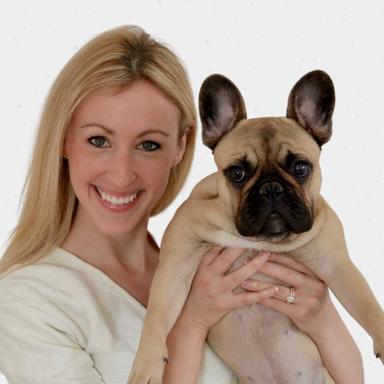
Courtney Elliott, a proud Cleveland native living in Manhattan, blends her decade of writing and editing expertise with her unshakable devotion as a pet parent to her French Bulldog, Gus. When she’s not at her desk, you’ll find her frolicking in Central Park or engrossed in a good book at a local coffee shop.

Breed Info

Adoption Advice

Breed Info

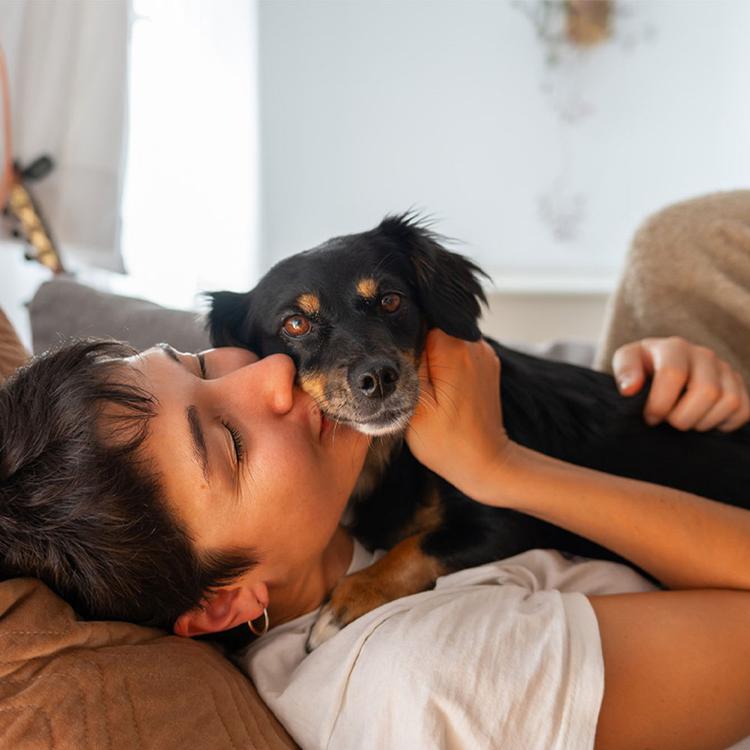
Adoption Advice
Choosing what breed to adopt? Here are the 10 most popular dog breeds.
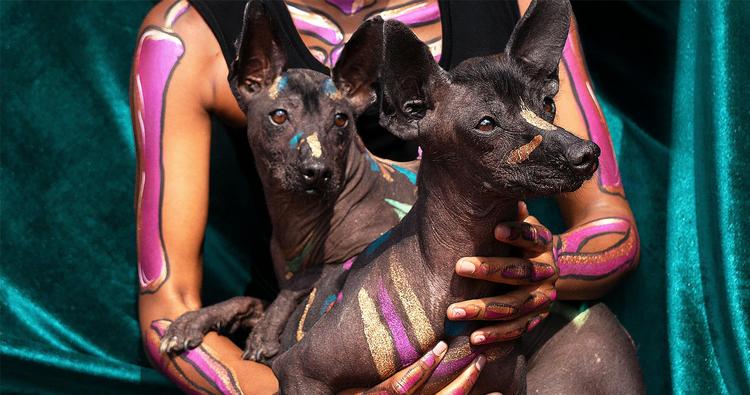
Breed Info
These pups may not have any fur, but they sure know how to rock it.
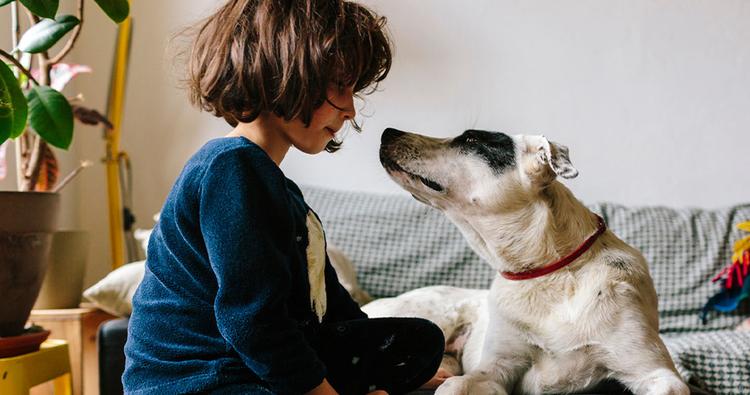
Breed Info
Thinking of adopting a dog but concerned how they
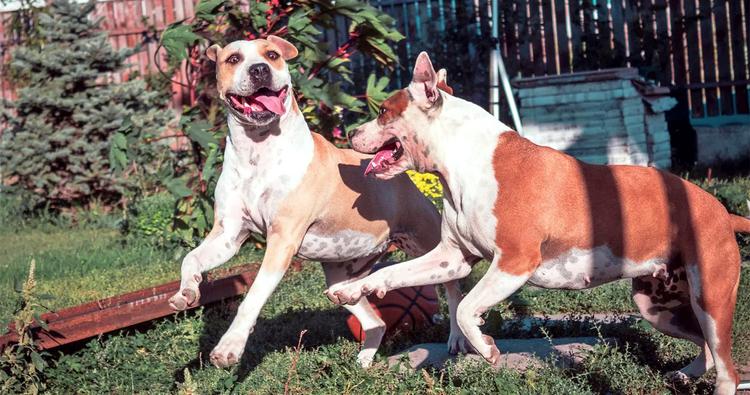
Adoption Advice
Here’s everything there is to consider before adopting a second dog.

Breed Info
Because you’re never too old to find your bestie.